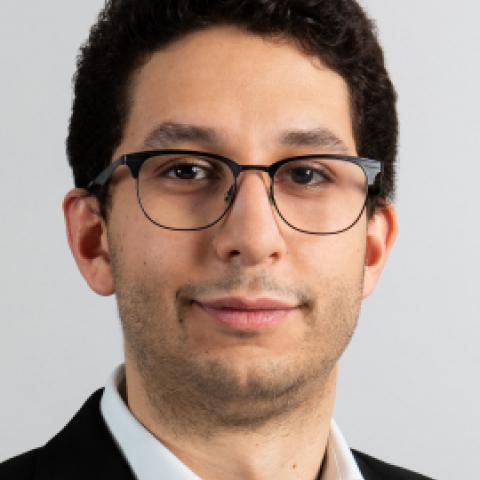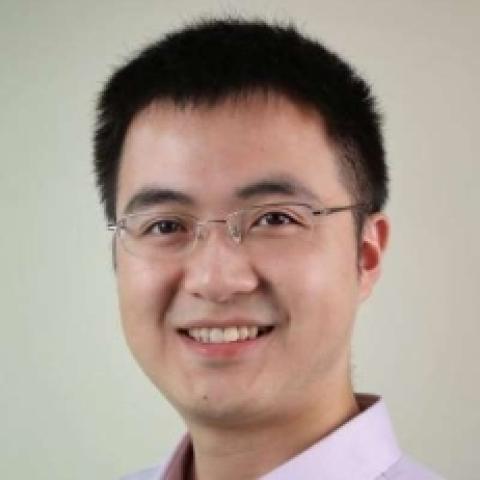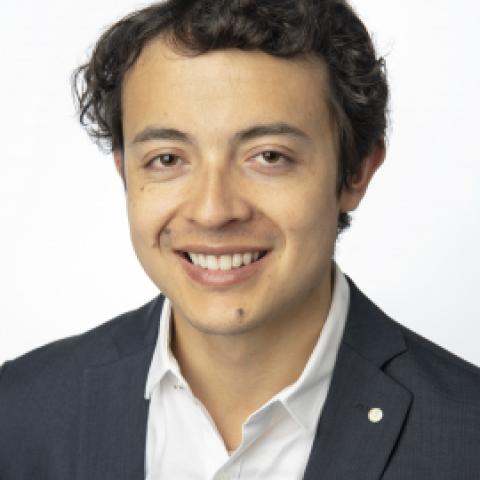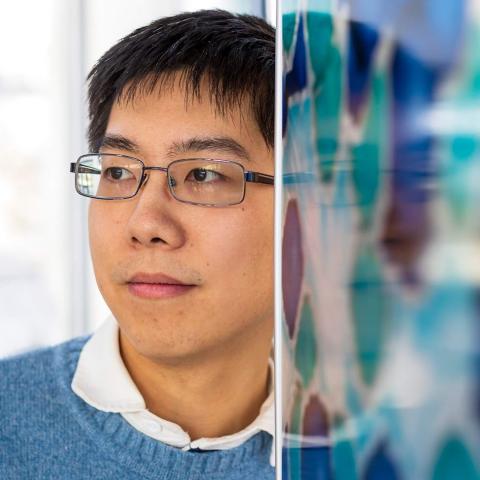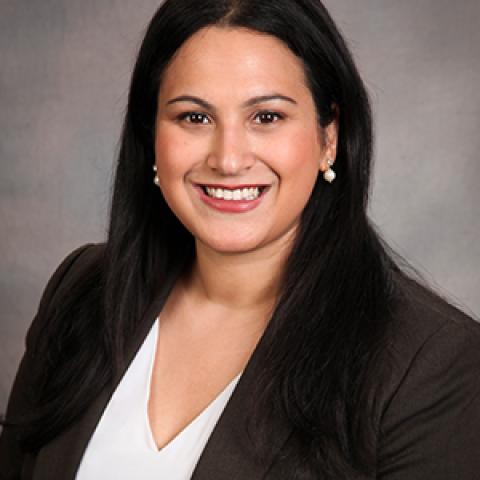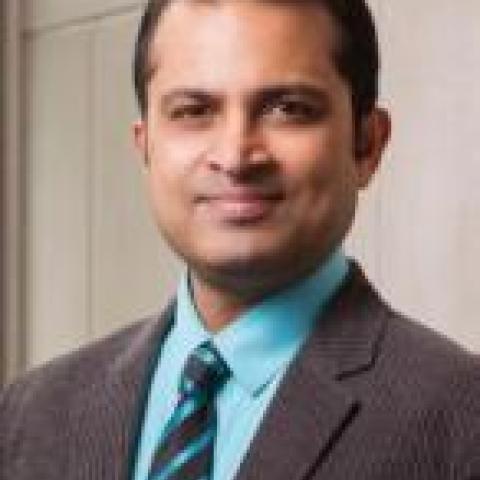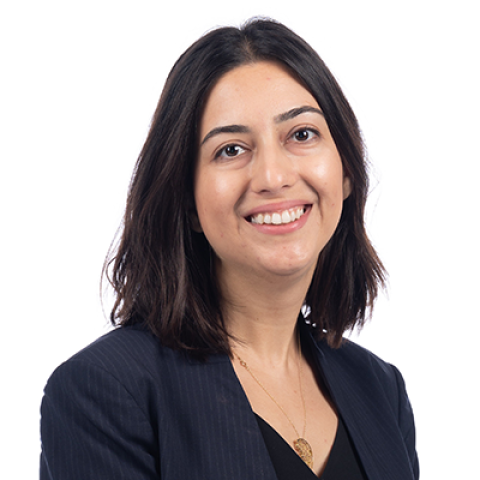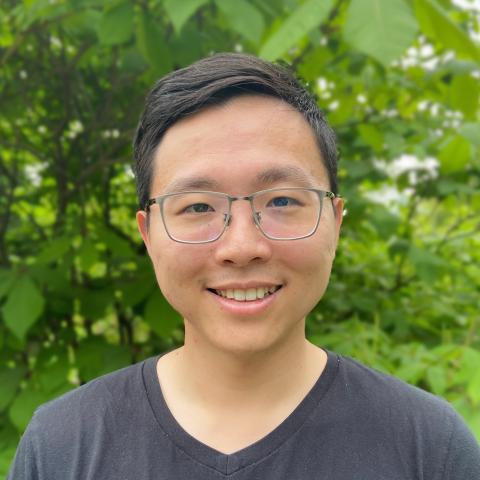Mathieu Dahan

Mathieu Dahan is an Assistant Professor in the H. Milton Stewart School of Industrial and Systems Engineering. His research interests are in combinatorial optimization, game theory, and predictive analytics, with applications to service operations management and disaster logistics. His primary focus is on developing strategies for improving the resilience of large-scale infrastructures — particularly, transportation and natural gas networks — in the face of correlated failures such as security attacks and natural disasters. Current projects include: (i) Strategic design of network inspection systems; and (ii) Analytics-based response operations under uncertainty.
Dr. Dahan received a Ph.D. and M.S. in Computational Science and Engineering from the Massachusetts Institute of Technology, a M.Eng. and B.Eng. from the École Centrale Paris, and a B.S. in Mathematics from Paris-Sud University. He is the recipient of the MIT Robert Thurber Fellowship, the MIT Robert Guenassia Award, the Honorable Mention for the J-WAFS Fellowships, and the Best Poster Award at the Princeton Day of Optimization.
During the summer of 2016, he worked as a research scientist intern at Amazon.com (Seattle) in the Supply Chain Optimization Technologies team. Using Machine-Learning techniques, he worked on predicting the fulfillment cost and developing a prototype to grant a fast and accurate access to future shipping cost estimates.

